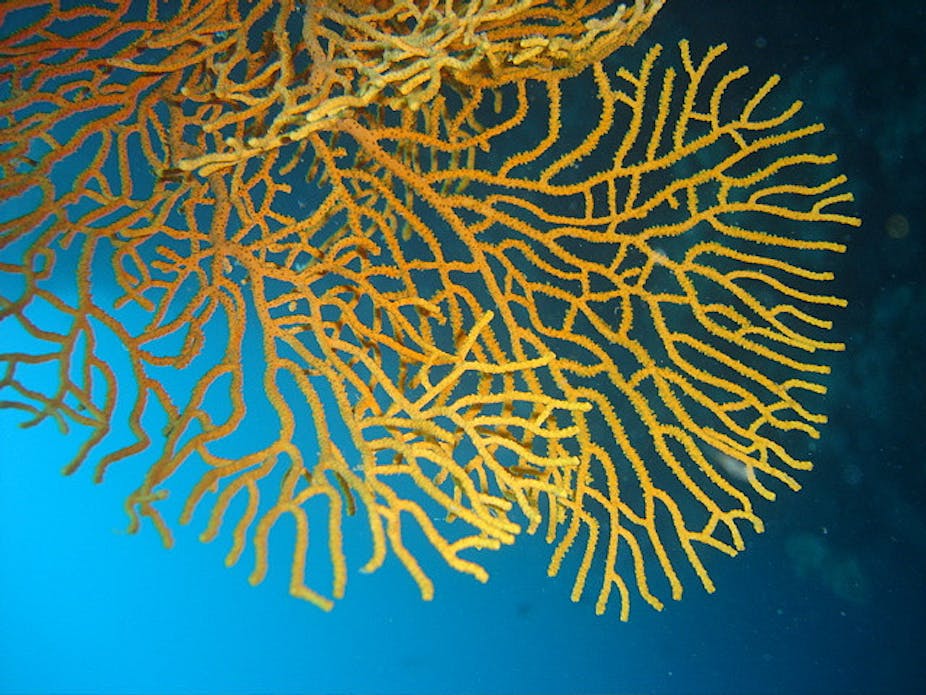Sun-lovers may one day be able to pop a ‘sunscreen pill’ that uses a compound found in coral to protect skin from harmful UV light, according to UK researchers.
Cancer Council Australia has cautiously welcomed the news but warned that extensive testing would be needed for the benefits to outweigh the risks.
Scientists from the Institute of Pharmaceutical Science at King’s College London have isolated a compound produced by algae living within Great Barrier Reef coral to protect both coral and algae from harsh sunlight.
In nature, the compound also helps give sun protection to fish that eat such corals.
“This led us to believe that if we can determine how this compound is created and passed on, we could biosynthetically develop it in the laboratory to create a sunscreen for human use, perhaps in the form of a tablet, which would work in a similar way,” said Dr Paul Long, Senior Lecturer from the Institute of Pharmaceutical Science at King’s College London, who worked on the research.
The scientists hope to test the compound within two years and that a pill may be commercially available within five.
The compound may also be used to help plants withstand harsh sunlight, said Dr Long.
Ian Olver, CEO of Cancer Council Australia and a clinical professor at the University of Sydney, said preventative measures were urgently needed given the high rate of skin cancer in Australia.
“Whether a pill, which presumably which may have other side effects, is going to solve that problem remains to be seen. It would have to be extremely safe to warrant using a pill for that purpose,” he said.
For example, the pill would need to be designed so as not to prevent as much sunlight absorption as is needed for the body to produce Vitamin D, he said.
“It’s interesting they are doing the research and the question of better prevention of skin cancer is very important. The aim is laudable but the detail will be very important in terms of weighing up the risks and benefits.”

